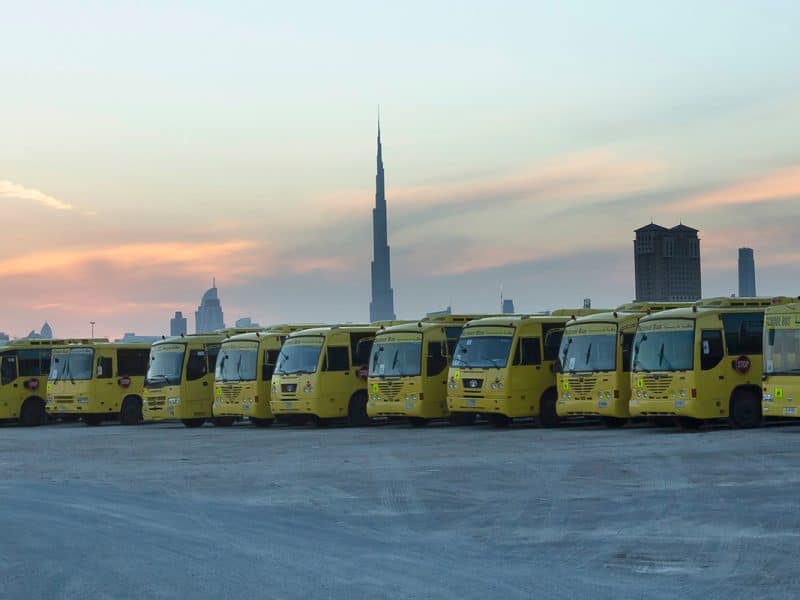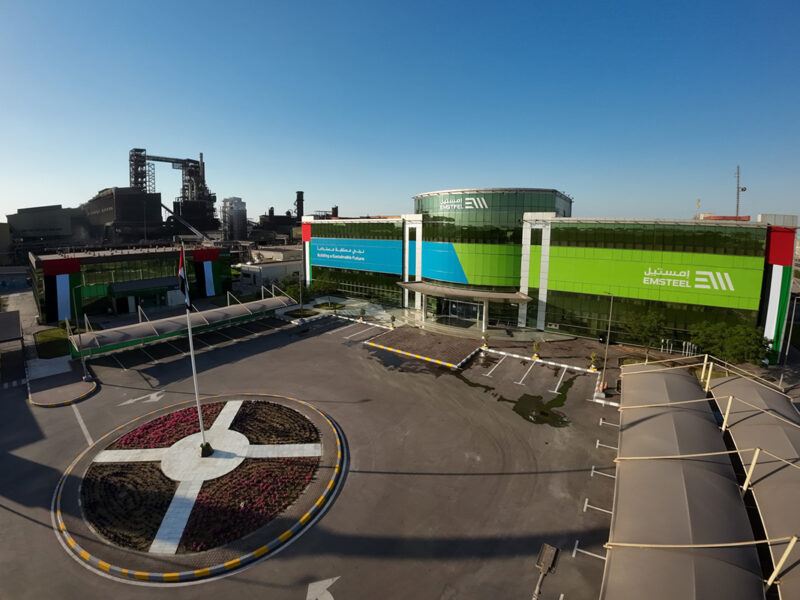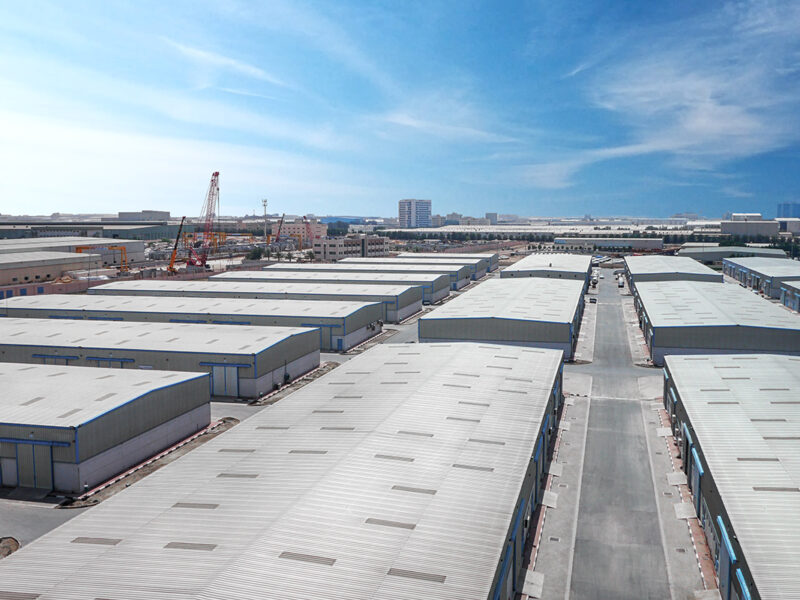The total number of students in the GCC education sector is projected to reach 14.5 million in 2022 despite growing concern over rising fees, according to new research.
According to Alpen Capital, the region will see a compound annual growth rate (CAGR) of 2.3 percent from an estimated 12.9 million in 2017.
A growing school age population, high per capita income, continued government spending and longterm strategic government initiatives are expected to drive the future growth of the GCC education sector, the report said.
Between 2017 and 2022, the pre-primary and tertiary segments is expected to grow at a faster rate than the other segments, it added.
The report noted that the number of students in private schools is projected to grow at a CAGR of 4.1 percent while enrolments at public schools is likely to increase at a slower pace, recording a CAGR of 1.3 percent between 2017 and 2022.
Saudi Arabia is expected to remain the largest education market in the GCC in 2022. In terms of annualized growth, the number of students in Oman and Qatar is projected to grow at a faster rate than the other member nations. Saudi Arabia is also anticipated to account for the highest number of schools in GCC by 2022.
Alpen said the demand for public and private schools in the GCC region is likely to increase at a CAGR of 1.9 percent to 36,747 by 2022, reflecting a requirement of more than 3,200 schools over the next five years.
It added that the growing preference for private education continues to drive the demand for international schools and universities across the GCC region.
The report said the influx of international institutions and oversupply of education providers in the GCC region is likely to challenge the sustainability of institutions without a long-term plan.
This has led to increasing competition among private operators, resulting in pricing pressures and margin erosion for private operators.
“The GCC education sector is undergoing rapid changes in teaching styles and adoption of international curricula. Filling the gap of finding the right educators and teachers to address the changing landscape continues to remain a challenge for education providers,” it added.
The cost of education in the region is also a growing concern for parents and government authorities. Government restrictions on fees hike has increased the pressure on private operators in terms of their ability to spend on infrastructure and resources, deploying technology, and recruiting skilled teachers.
Sameena Ahmad, managing director, Alpen Capital, said: “The GCC education sector is continuing to grow on account of a rising population coupled with the growing preference for private education.
“The sector is however facing intensifying competition, oversupply, high operational costs and a shortage of teachers, which collectively, are contributing to the increasing pressure on demand.”








